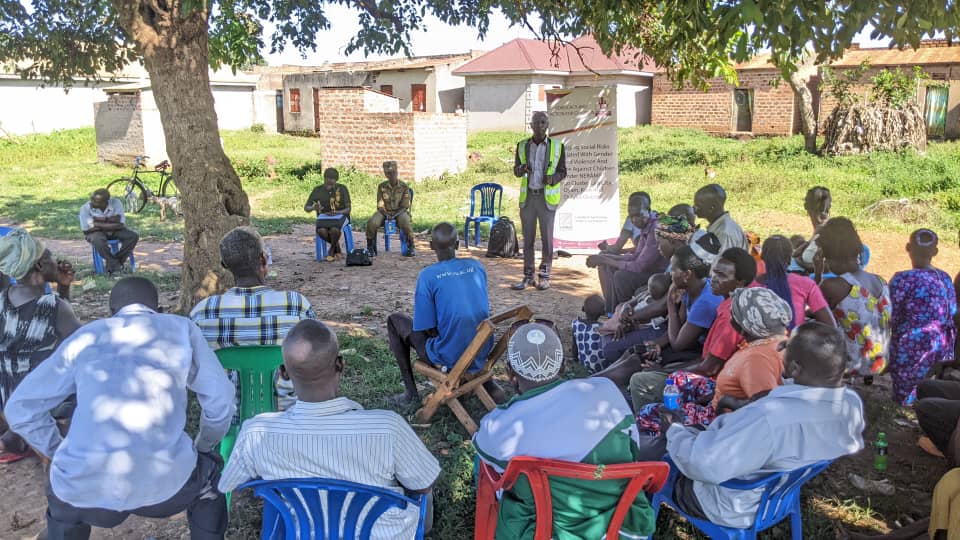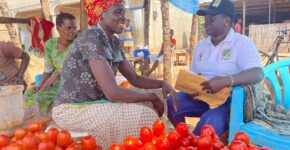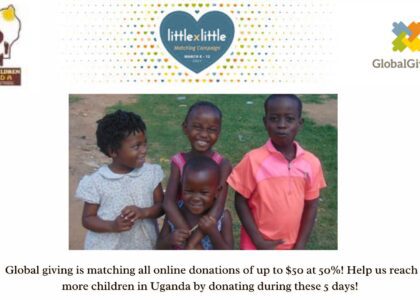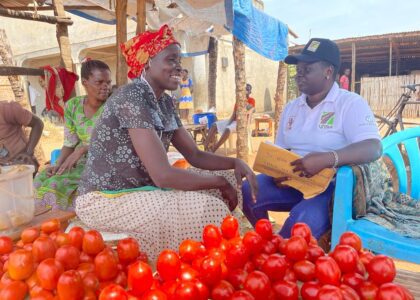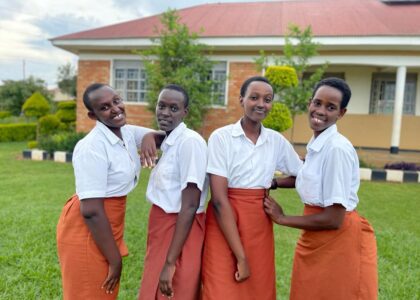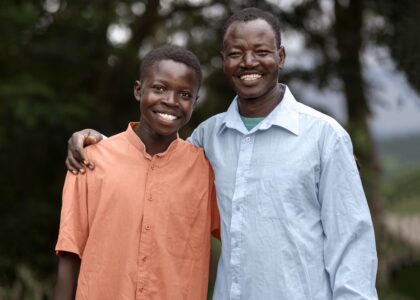Violence against children is a pervasive and devastating problem in Uganda. It takes many forms, including physical, sexual, and emotional abuse, as well as neglect and exploitation. These forms of violence have long-lasting and detrimental effects on children, impacting their physical and mental health, as well as their ability to learn and thrive. In order to address and ultimately eradicate this issue, it is imperative to engage communities in the effort to end all forms of violence against children in Uganda.
Raising awareness and information sharing are essential for preventing and responding to Violence Against Children. At Joy for Children we carry out timely community sensitization activities aimed at improving the community response to GBV and VAC along the NERAMP road corridor in Northern Uganda.
To effectively engage communities in this important work, it is crucial to first raise awareness about the prevalence and consequences of violence against children. Many people may not fully understand the scope of the problem or the ways in which it affects children and families. By providing education and information about the issue, communities can begin to see the urgency and importance of taking action to prevent and respond to violence against children.
Once awareness has been raised, it is important to involve community members in developing and implementing strategies to address violence against children. This may include providing training on positive parenting and non-violent discipline, as well as creating safe spaces for children to report abuse and seek support. Engaging community leaders, religious organizations, schools, and other local institutions can help to ensure that efforts to address violence against children are comprehensive and sustainable.
Community engagement can also help to challenge harmful cultural attitudes and social norms that may contribute to violence against children. In many cases, traditional gender roles, poverty, and a lack of understanding about children’s rights can perpetuate a culture of violence and abuse. By working with community members to promote gender equality, economic empowerment, and a greater understanding of children’s rights, it is possible to shift attitudes and behaviors that contribute to violence against children.
Involving communities in efforts to end violence against children can also help to ensure that survivors of abuse receive the support and protection they need. By establishing community-based support systems, such as safe houses and counseling services, children who have experienced violence can receive the care and assistance they need to heal and recover. This type of community support is essential for breaking the cycle of violence and helping children to build resilience and thrive.
It is important to recognize that engaging communities in ending violence against children is not only the responsibility of government or non-governmental organizations, but a collective effort. All members of society have a role to play in protecting and supporting children, ensuring that they grow up in safe, nurturing environments free from violence. By collaborating with and empowering communities to take action, we can work towards a future where all children in Uganda are able to live free from the fear of violence
In conclusion, ending all forms of violence against children in Uganda requires the active involvement of communities. By raising awareness, promoting positive parenting, challenging harmful social norms, and establishing support systems, it is possible to create a society where children are protected and nurtured. The collective effort to engage communities in this important work is essential for creating lasting change and ensuring that all children in Uganda can grow and flourish in safety and dignity.

